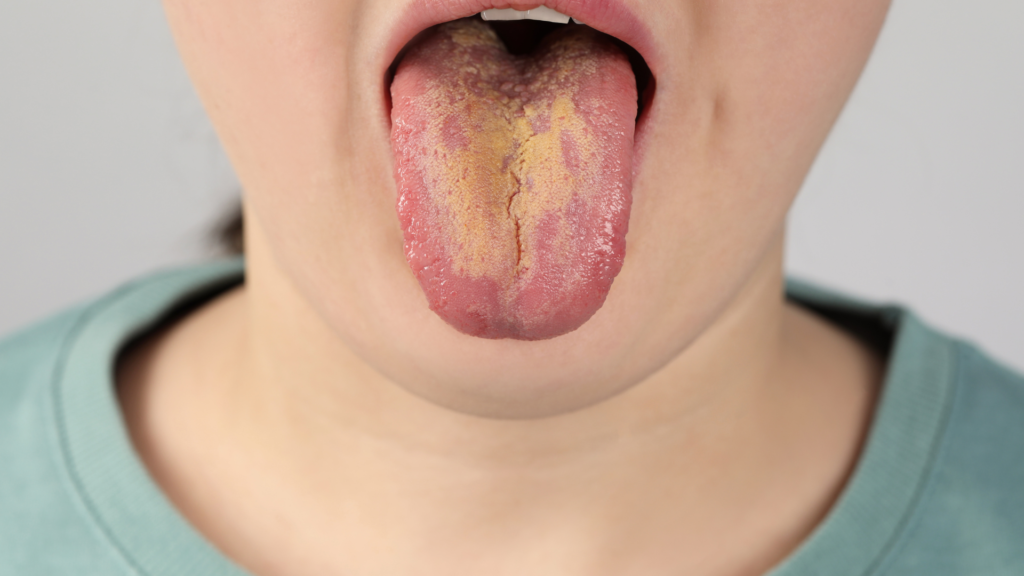
10 Common Mental Health Disorders and Their Warning Signs
Mental health is a vital part of our overall well-being, yet it often goes unnoticed until problems become severe. Understanding common mental health disorders and their warning signs can help us take proactive steps to support ourselves and others. Here is a detailed explanation of 10 prevalent mental health conditions and their symptoms:
1. Depression
Depression is more than just feeling sad; it’s a persistent feeling of hopelessness and loss of interest in activities.
- Warning Signs:
- Prolonged sadness or irritability
- Loss of interest in hobbies or activities
- Changes in appetite or weight
- Difficulty sleeping or oversleeping
- Fatigue or lack of energy
- Feelings of worthlessness or guilt
- Suicidal thoughts or attempts
2. Anxiety Disorders
Anxiety disorders cause excessive fear or worry that interferes with daily life.
- Warning Signs:
- Constant worry or fear
- Restlessness or feeling “on edge”
- Difficulty concentrating
- Rapid heartbeat or sweating
- Avoiding situations that trigger anxiety
3. Bipolar Disorder
This condition involves extreme mood swings, including episodes of mania (high energy) and depression.
- Warning Signs:
- Periods of unusually high energy or euphoria
- Risky or impulsive behavior
- Periods of deep sadness or hopelessness
- Difficulty sleeping during manic episodes
- Suicidal thoughts during depressive episodes
4. Obsessive-Compulsive Disorder (OCD)
OCD is characterized by unwanted, intrusive thoughts (obsessions) and repetitive behaviors (compulsions).
- Warning Signs:
- Intrusive, unwanted thoughts
- Repeated actions like hand washing, checking, or counting
- Feeling that these actions must be performed to prevent harm
- Distress when unable to perform rituals
5. Post-Traumatic Stress Disorder (PTSD)
PTSD develops after experiencing or witnessing a traumatic event.
- Warning Signs:
- Flashbacks or intrusive memories of the event
- Nightmares
- Avoiding reminders of the trauma
- Hypervigilance or feeling constantly “on guard”
- Emotional numbness
6. Eating Disorders
Eating disorders involve unhealthy attitudes and behaviors around food and body image.
- Warning Signs:
- Extreme concern about weight or shape
- Restricting food intake (anorexia)
- Binge eating followed by purging (bulimia)
- Eating large amounts of food in a short time (binge eating disorder)
- Excessive exercise to “burn off” calories
7. Schizophrenia
Schizophrenia is a serious mental illness that affects thinking, emotions, and behavior.
- Warning Signs:
- Hallucinations (seeing or hearing things that aren’t there)
- Delusions (false beliefs)
- Disorganized speech or behavior
- Social withdrawal
- Lack of emotion or motivation
8. Attention-Deficit/Hyperactivity Disorder (ADHD)
ADHD is commonly diagnosed in childhood but can persist into adulthood.
- Warning Signs:
- Difficulty paying attention or staying focused
- Impulsivity
- Hyperactivity (restlessness, inability to sit still)
- Forgetfulness
- Struggling to follow instructions
9. Panic Disorder
Panic disorder involves sudden and repeated episodes of intense fear, known as panic attacks.
- Warning Signs:
- Sudden and intense fear or discomfort
- Heart palpitations or chest pain
- Shortness of breath
- Dizziness or lightheadedness
- Feeling of losing control
10. Borderline Personality Disorder (BPD)
BPD is marked by unstable moods, relationships, and self-image.
- Warning Signs:
- Intense fear of abandonment
- Unstable relationships
- Impulsive behavior
- Extreme mood swings
- Feelings of emptiness
- Self-harming behaviors or suicidal thoughts
What You Can Do
If you or someone you know exhibits these warning signs, it is important to seek help. Early intervention can make a significant difference. Here are some steps to consider:
- Talk to someone you trust: Sharing your feelings can provide relief and support.
- Consult a mental health professional: Therapists, counselors, and psychiatrists can provide tailored treatment.
- Practice self-care: Focus on healthy eating, regular exercise, and proper sleep.
- Join a support group: Connecting with others who understand your struggles can be empowering.
Remember: Mental health is just as important as physical health. Recognizing the signs early and seeking appropriate care can lead to better outcomes and improved quality of life.
